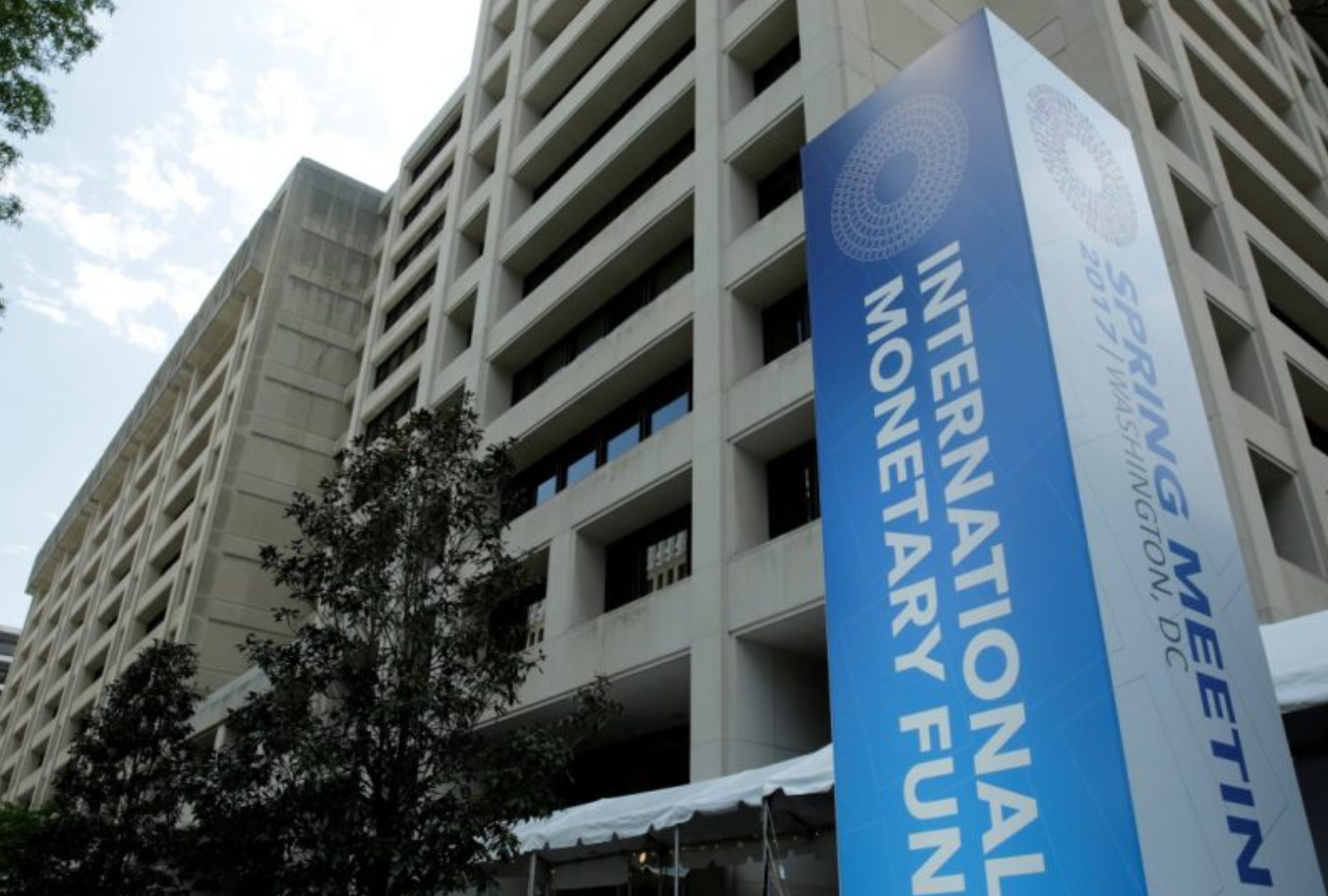IMF Recommends Supplementary Budget for Minimum Wage Increase
Admin
05:16
The International Monetary Fund (IMF) has advised the Nigerian government to prepare a supplementary budget to accommodate the proposed increase in the minimum wage for workers. This recommendation stems from the likelihood that the negotiated wage amount may surpass the allocation in the original 2024 budget.
According to the IMF's latest staff country report for Nigeria, the authorities acknowledged the potential need for a supplementary budget to cover the outcomes of ongoing wage structure negotiations. The report also suggests that adjustments to domestic and external borrowing ceilings may be necessary to prevent additional borrowings from the Central Bank's Ways and Means.
The ongoing negotiations between Organised Labour and the government seek to address the harsh economic conditions, exacerbated by recent reforms such as the removal of fuel subsidy and the unification of the foreign exchange market. While labour leaders advocate for a substantial increase, there are indications that the tripartite committee may recommend a new minimum wage of N70,000, significantly higher than the current N30,000.
The IMF report highlights concerns about the adequacy of the budget allocation for personnel costs, which was set at N6.48 trillion in the 2024 budget. Additionally, the IMF predicts that the country's budget deficit for 2024 will exceed projections due to implicit subsidies for fuel and electricity, alongside rising interest expenses on debt.
Minister of Finance, Wale Edun, aims to reduce the budget deficit from 6.1% in the 2023 budget to 3.8% in the current appropriation. However, IMF staff projects a higher fiscal deficit for 2024, driven by lower oil and gas revenue projections, higher subsidies, and increased interest costs.
To address financing needs, the IMF suggests meeting requirements from the market and external borrowing. While domestic market financing is expected to increase, the government aims to retire outstanding Ways and Means borrowing from the Central Bank through the issuance of domestic securities. The report emphasizes the need to avoid crowding out private sector credit and suggests exploring options such as drawing down government deposits at the Central Bank or additional securitization operations.
Overall, the IMF supports an opportunistic issuance of Eurobonds, considering the costlier external financing landscape and upcoming maturities in 2025. A strategic mix of Eurobond issuance and official financing is deemed necessary to manage the country's fiscal challenges effectively.
Tags:
Most Recent
3/recent/post-list
Random Posts
3/random/post-list



0 Comments